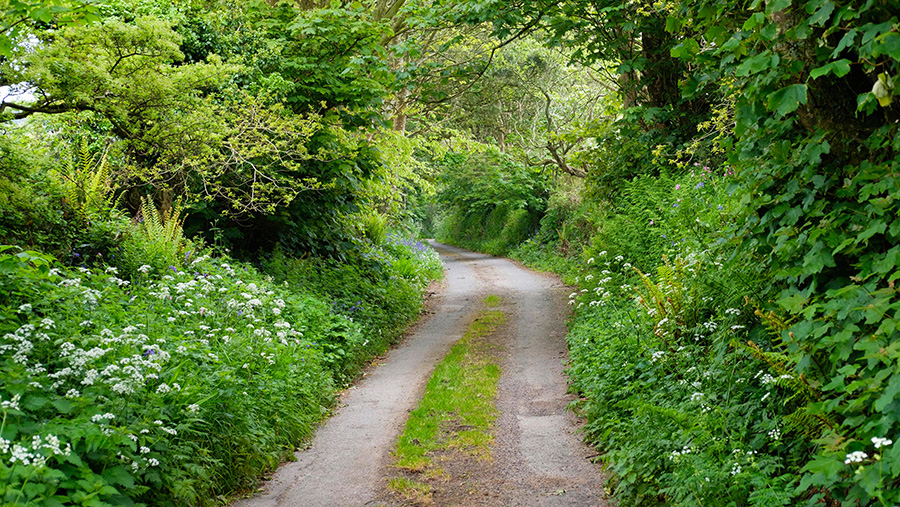Opinion: Why I’m wary of labelling farming systems
 © Martin Siepmann/imageBROKER/Shutterstock
© Martin Siepmann/imageBROKER/Shutterstock Geography lessons at Clacton Grammar were a mixed bag which occasionally caught my adolescent imagination. One lesson that stays with me several decades later was about farming.
“Agriculture,” explained our bearded, northern teacher Mr Moore, “can be divided into two. It’s either intensive or extensive.”
See also: Regenerative farming is more than just a buzzword
Armed with this new knowledge, I duly returned home to explain it to my father, who muttered something about choking on textbooks and misunderstanding the world through labels.
About the author
 Guy Smith
Guy Smith
Opinion columnist, Farmers Weekly
Guy Smith comes from a mixed family farm on the north-east Essex coast, which is officially recognised as the driest farm in the UK. He has held the position of deputy president at the NFU and served on the boards of FACE, HGCA and Landskills New Entrants Committee.
Read more articles by Guy Smith
Since then, I’ve always been a bit wary of labels and buzzwords that describe farming systems.
In the 1980s, I remember the Hiho (high-input, high-output) school of thought, which suggested if you didn’t fall into that category, you were a Lilo farmer – which, in turn, was easily confused with a type of farmer who spent time lounging around in swimming pools.
Furthermore, I didn’t like the Hiho/Lilo pigeonholing because it seemed obvious to me that some crops in some years were best managed sparingly, with few inputs, while at other times a more high-input approach would give you the best margin.
Then the 1990s saw the rise of the “organic” school, which found the rest of us being labelled as “conventional”. I was never happy with this, as I knew there were plenty of things I did on my farm that were in keeping with the organic philosophy – rotation, variety choice and judicious cultivation, to name a few.
What is more, just like the organic brethren, I was more than happy to minimise my use of pesticides and artificial fertilisers, not least because of their cost.
But organic was clearly all or nothing. I felt a bit like Piscine Monitor, the hero in the book The Life of Pi, who could see the attraction of Hinduism, Islam and Christianity, but found himself shunned by all three faiths because of their intolerant, insular exclusivity.
Recently, we have seen the emergence of some new buzzwords and labels. Mercifully, the mind-bending discipline that was ‘”sustainable intensification” seems to have gone out of fashion.
But now we have “agroecology” and “regenerative agriculture”. Again, I’m in full agreement with the goals of improving soils, increasing biodiversity and reducing inputs while maintaining food production.
They are all outcomes I’ve been trying to achieve with very mixed results all my farming life. And I fully agree that climate change means now is the time to double down on achieving these goals.
My concern remains the notion of labels, which in turn brings the dichotomy of inclusion and exclusion.
The risk is things become tribal, whereby the chance of any cross-pollination of ideas gets limited. There is also the danger that practical problems get denied or dismissed as propaganda from non-believers.
Meanwhile, on my farm I remain interested in new ideas about reduced tillage, cover cropping and inter-cropping around rows of shrubs and trees. But that doesn’t mean I’m selling the plough – largely because I still want to grow potatoes.
In terms of cover crops, my favourite remains a healthy crop of autumn-established oilseed rape.
And I will continue to plant and replenish rows of trees and shrubs among my crops – though on this farm we call them “irregularly trimmed hedges”. As for bringing livestock back into my rotations… it’s causing me a lot of thought.
